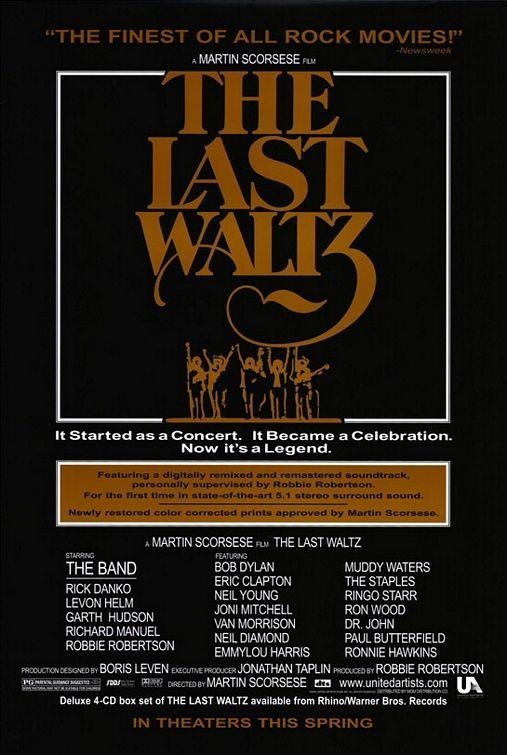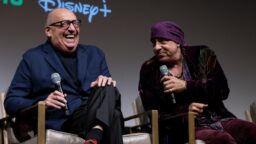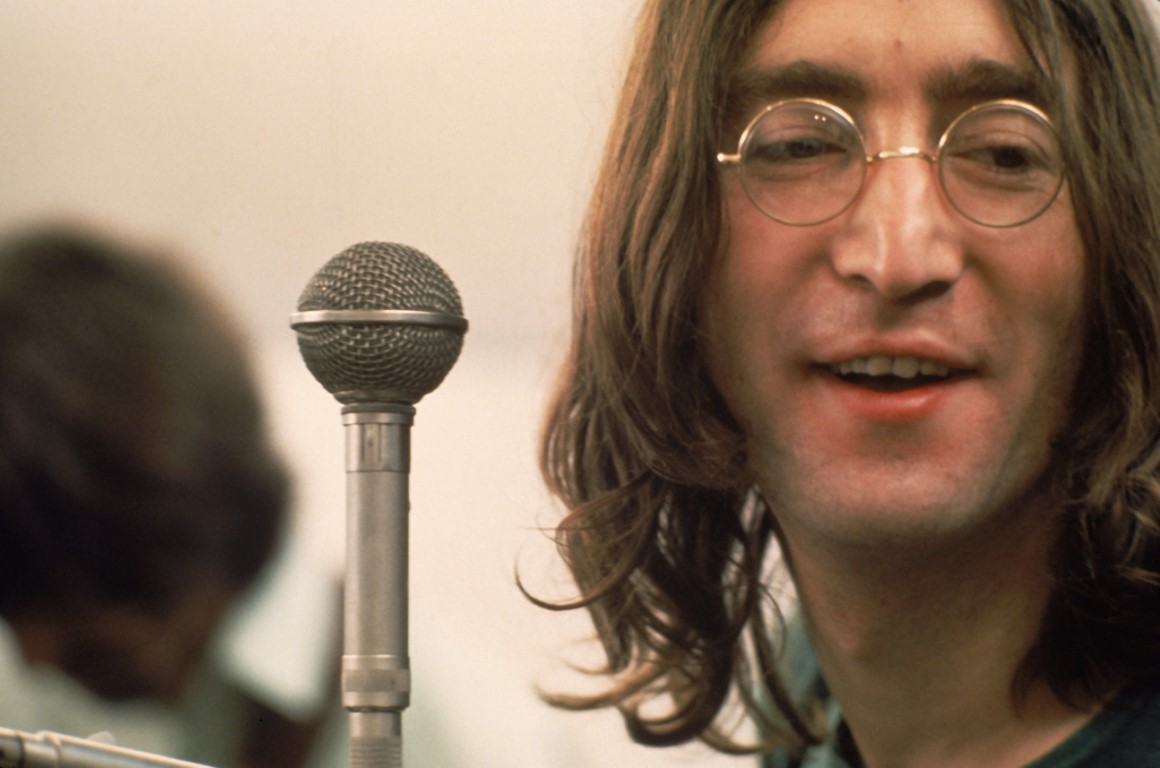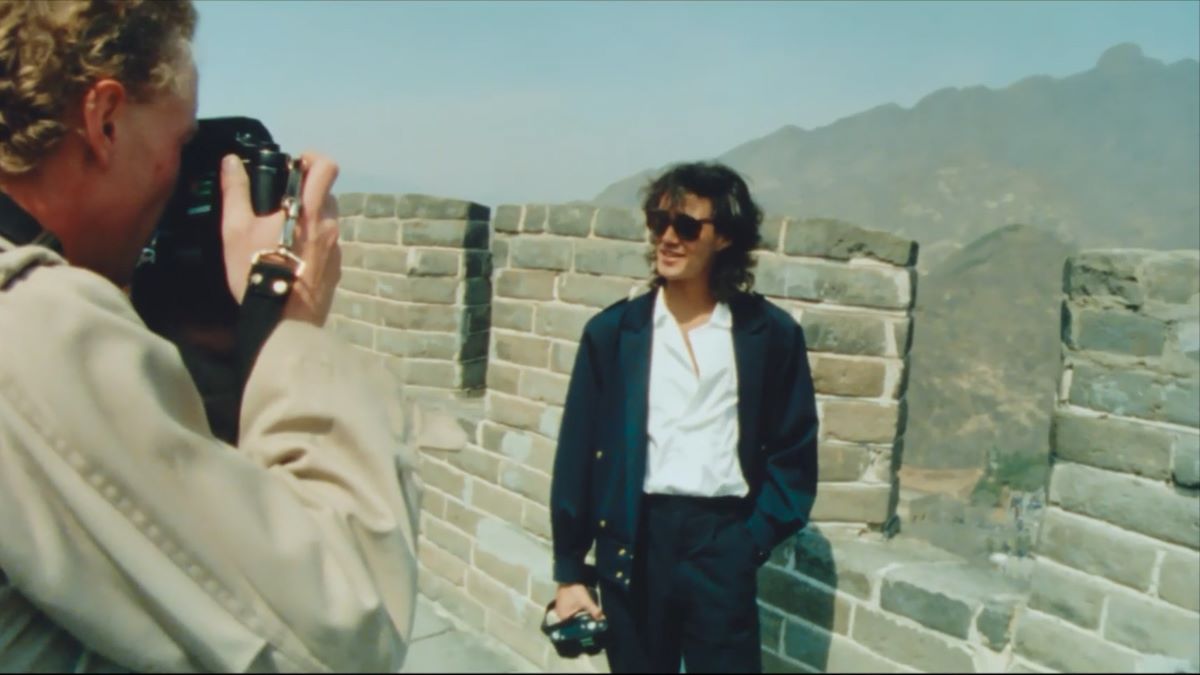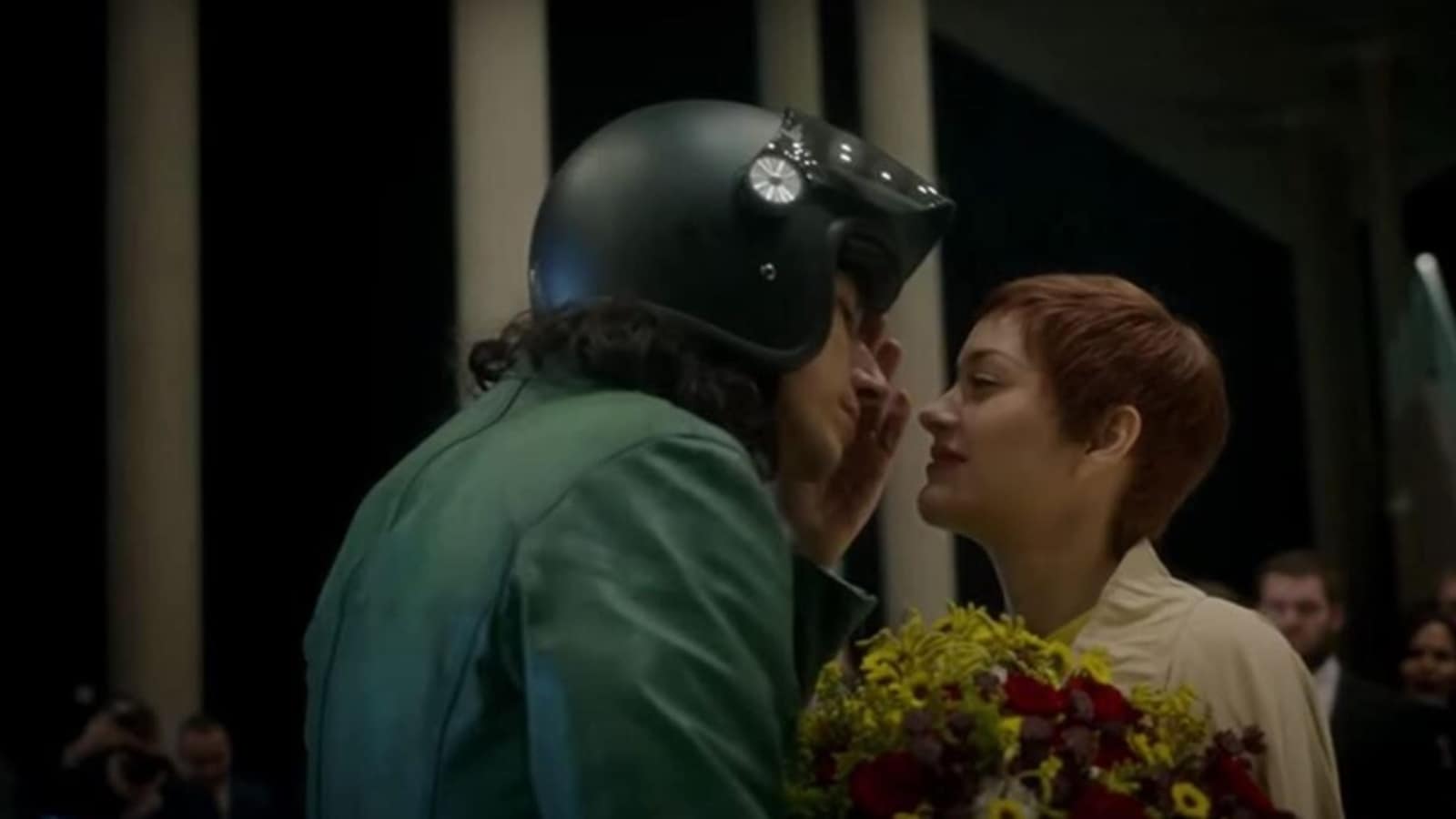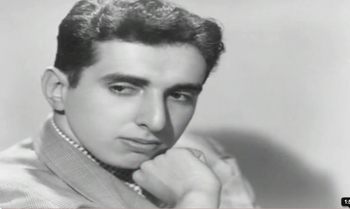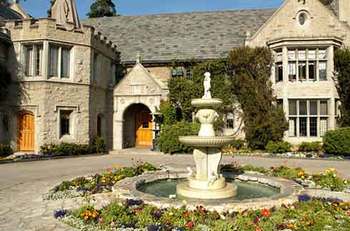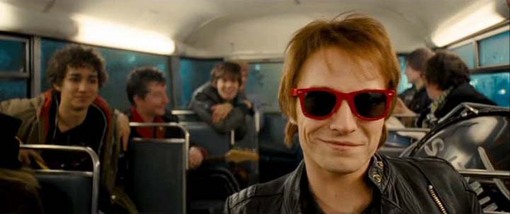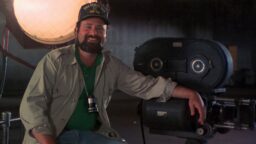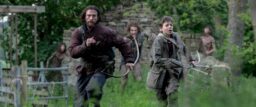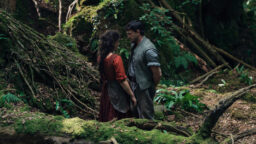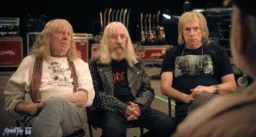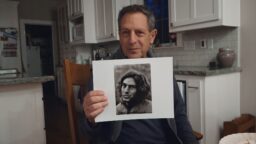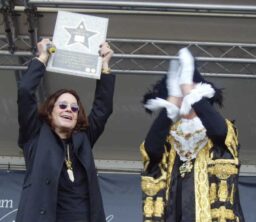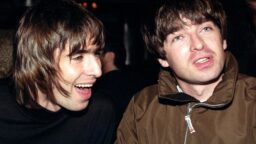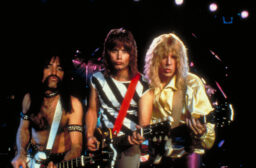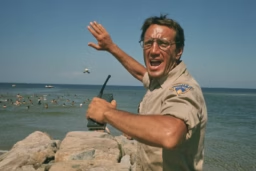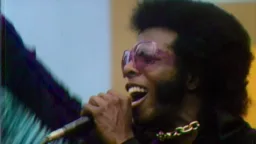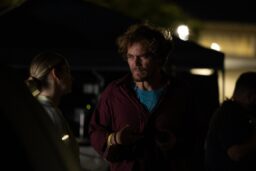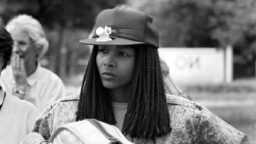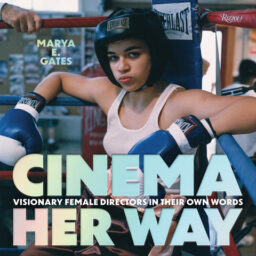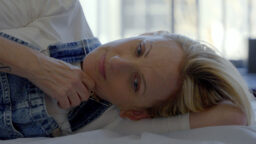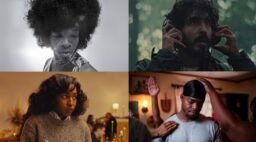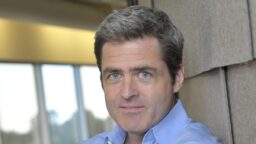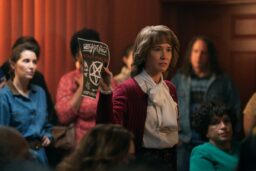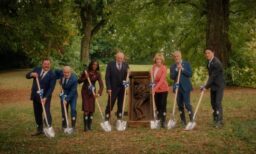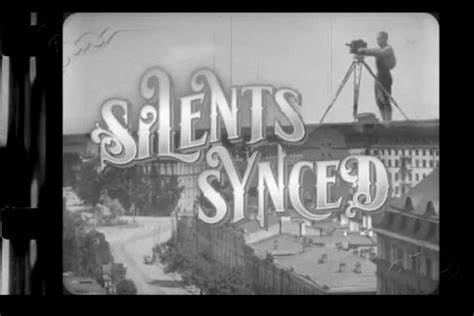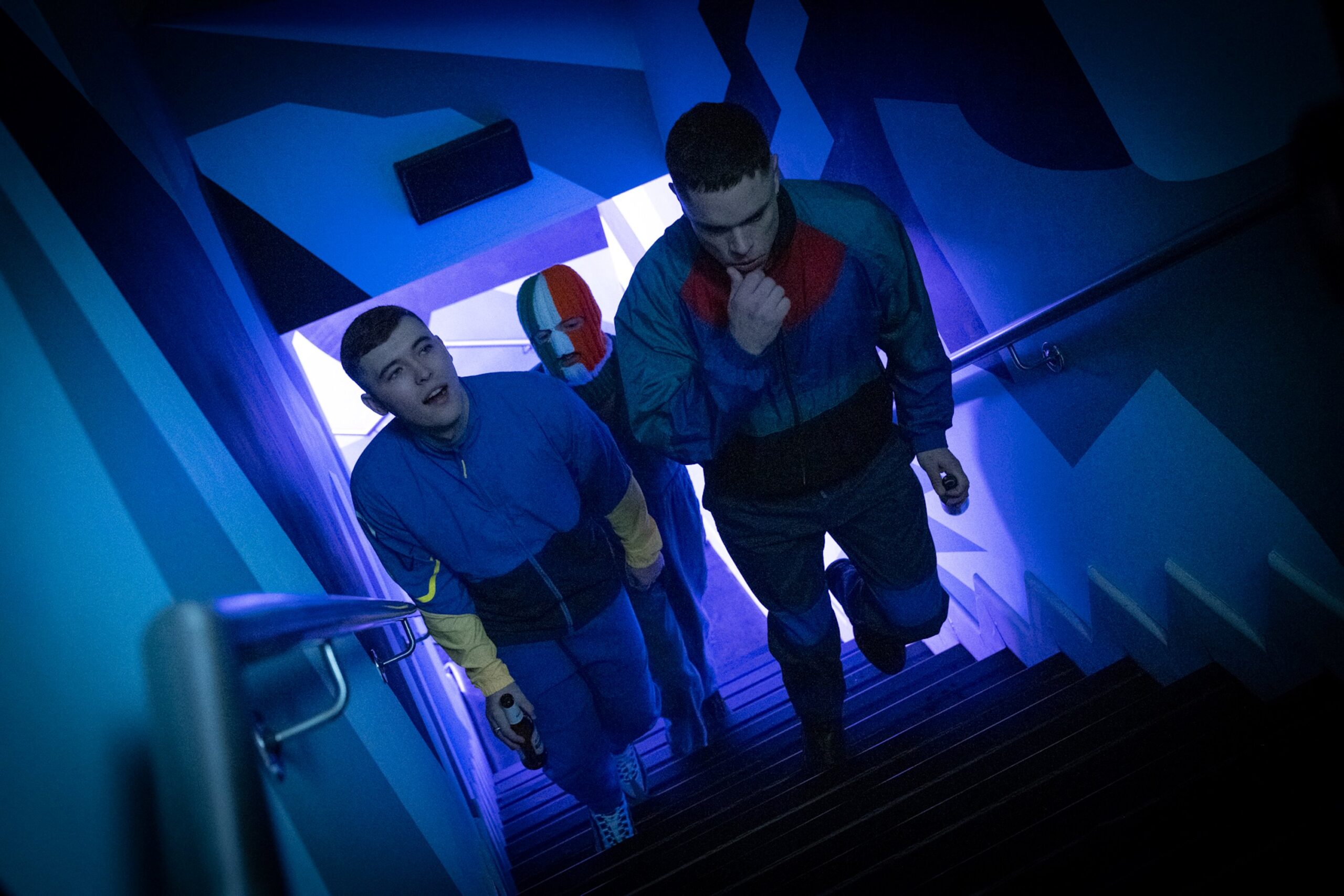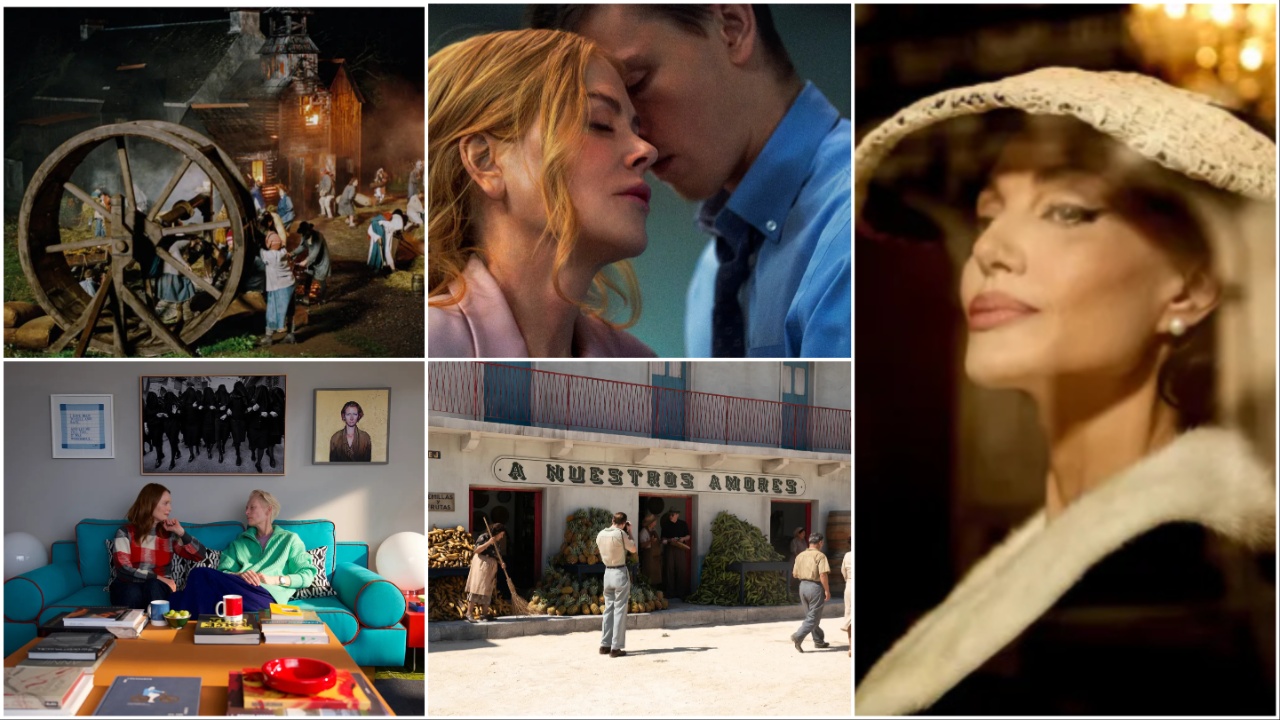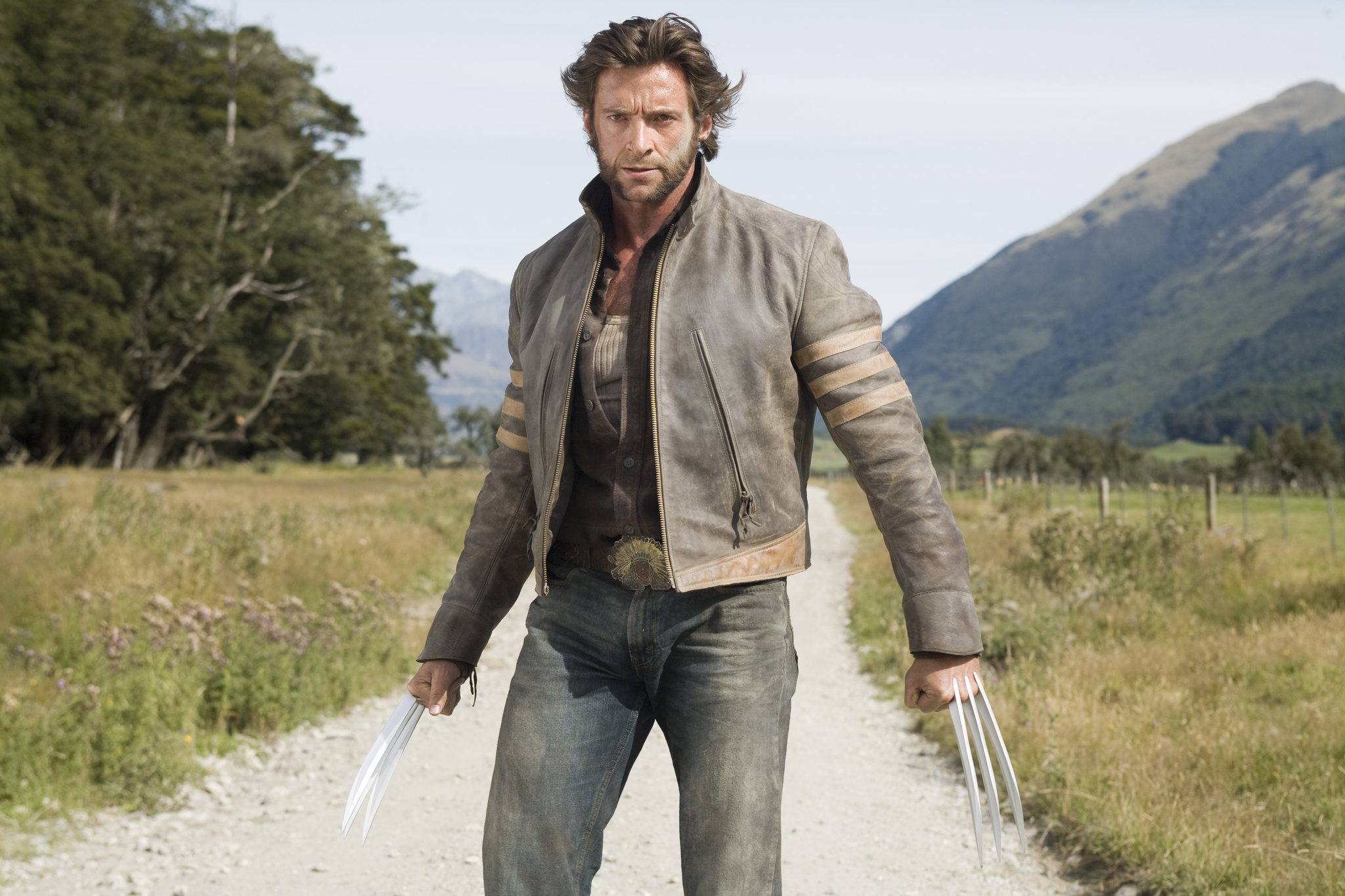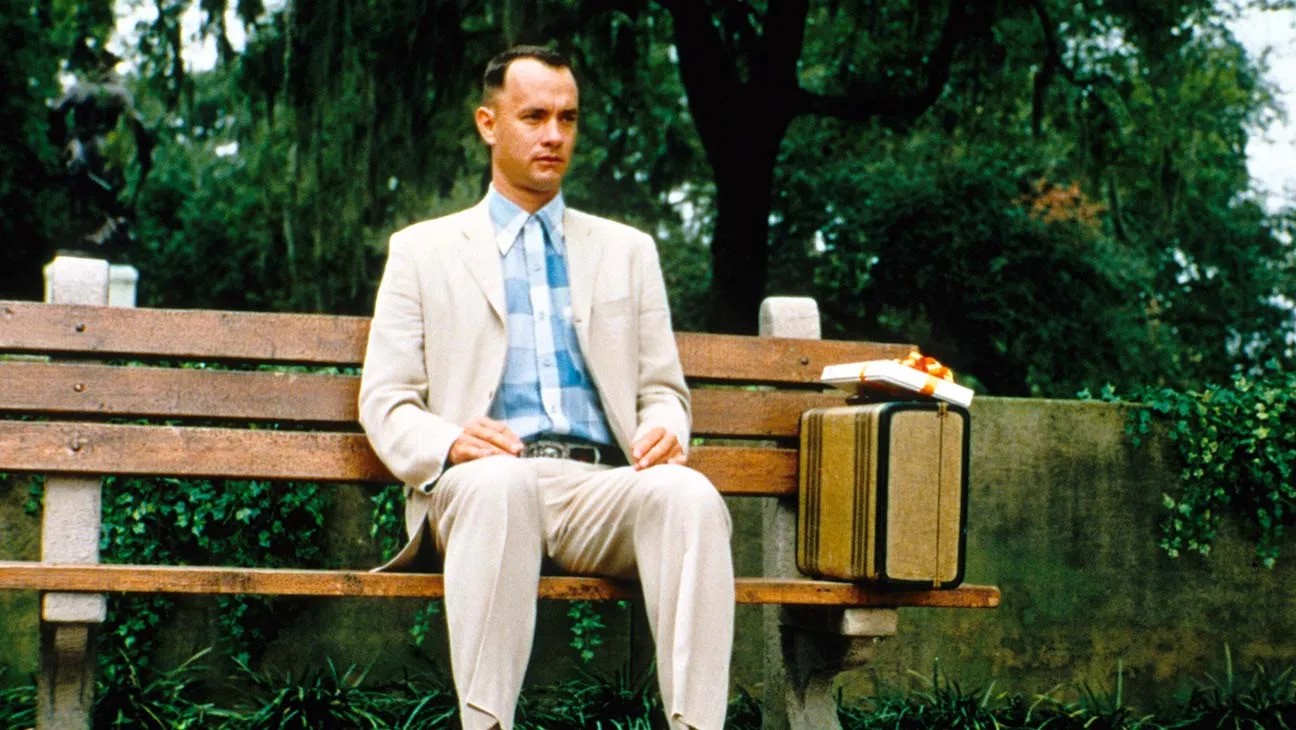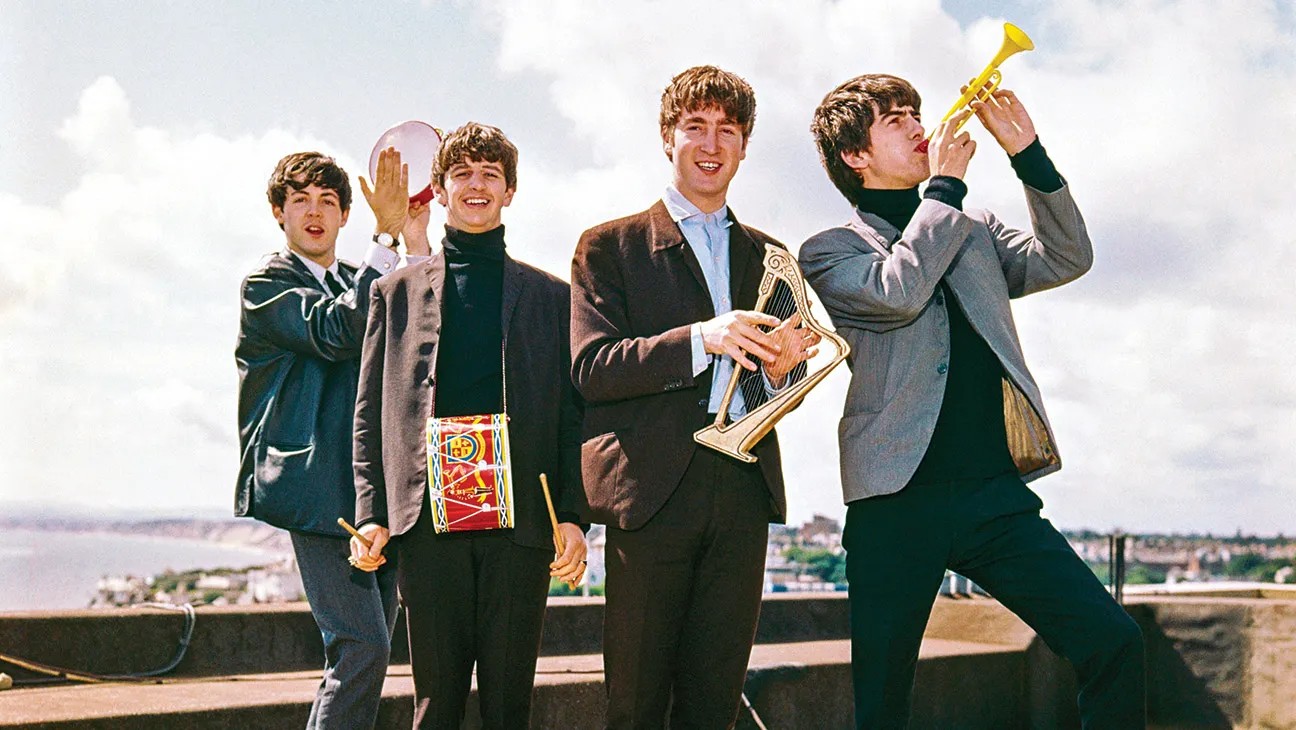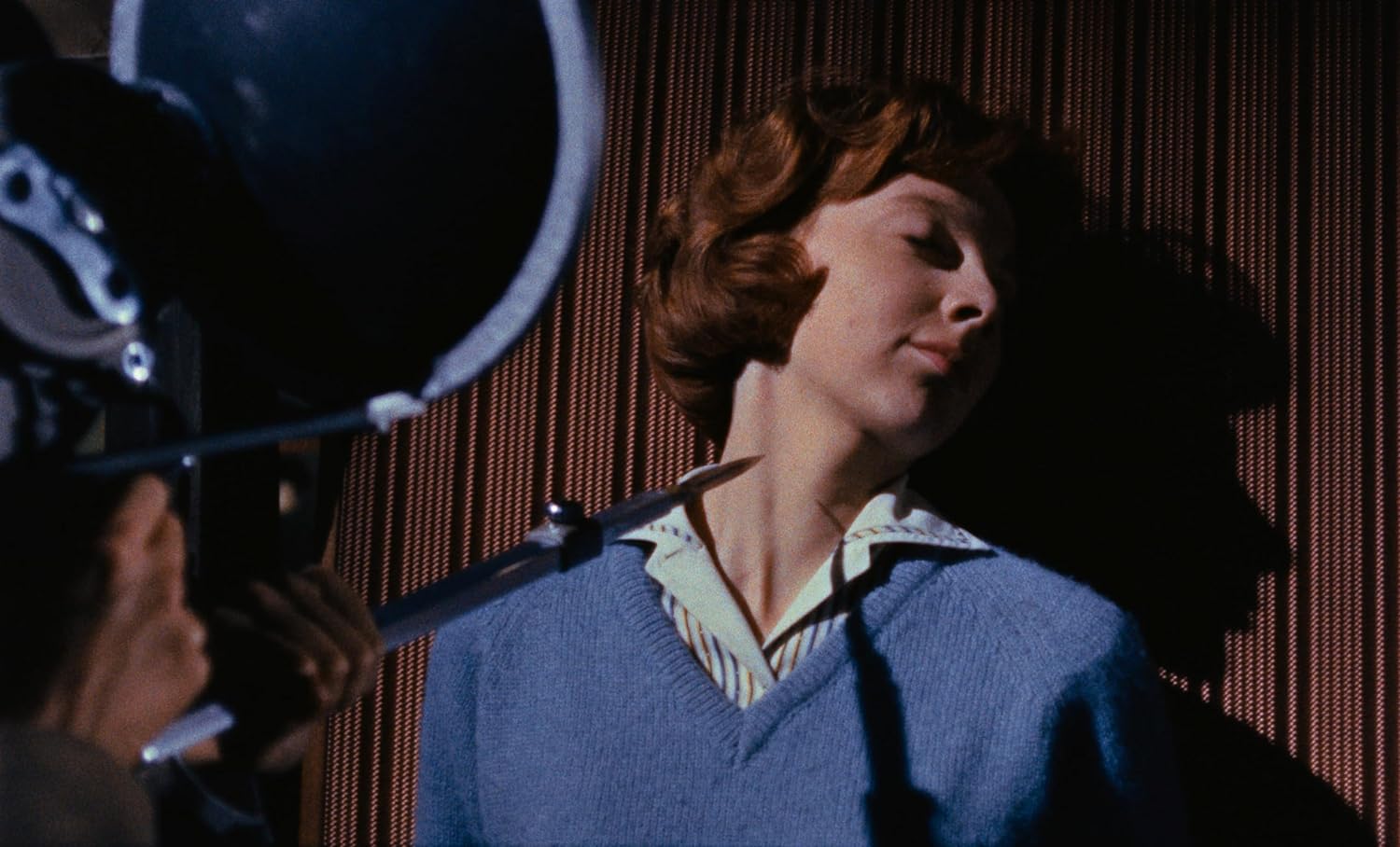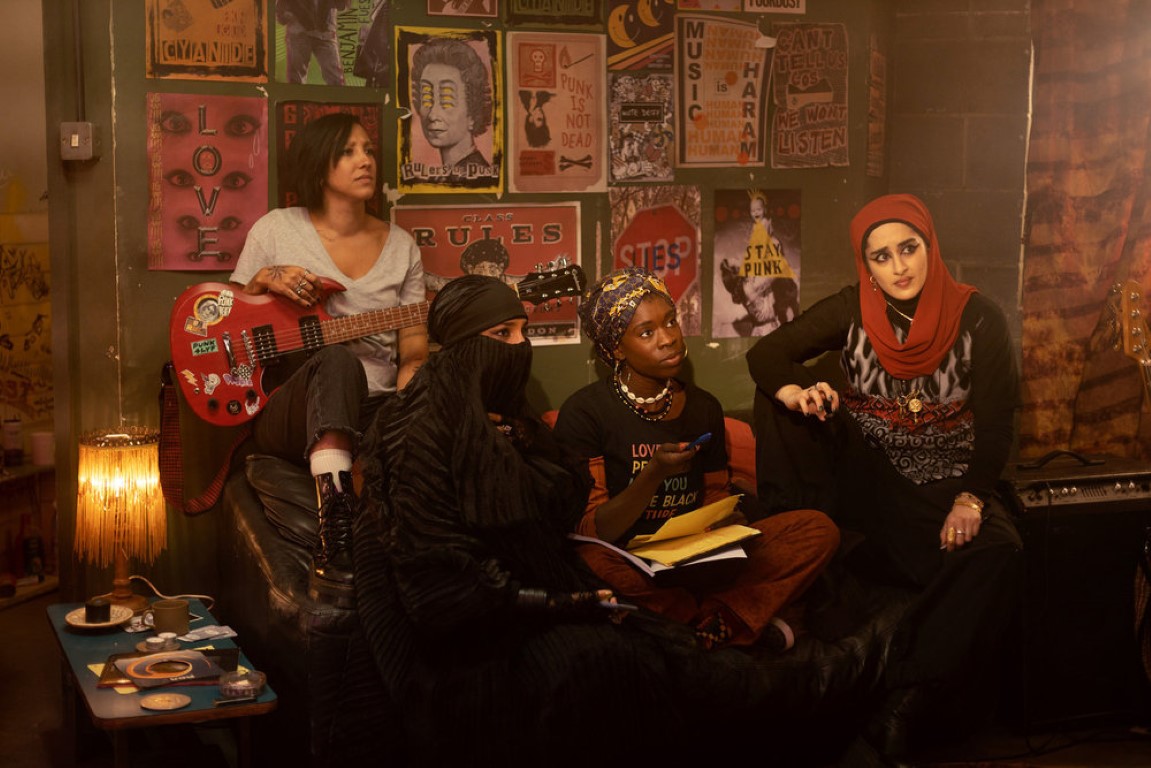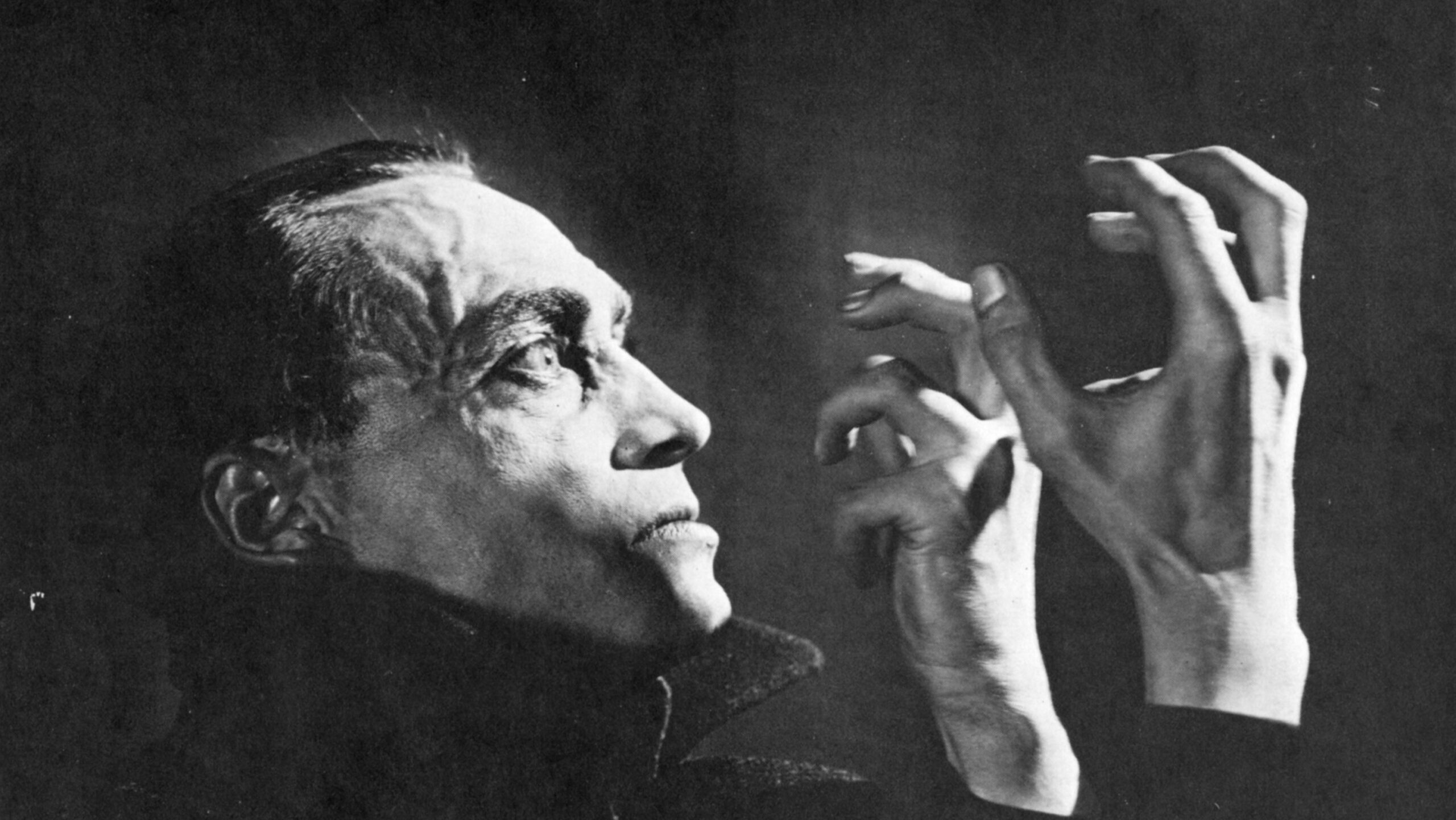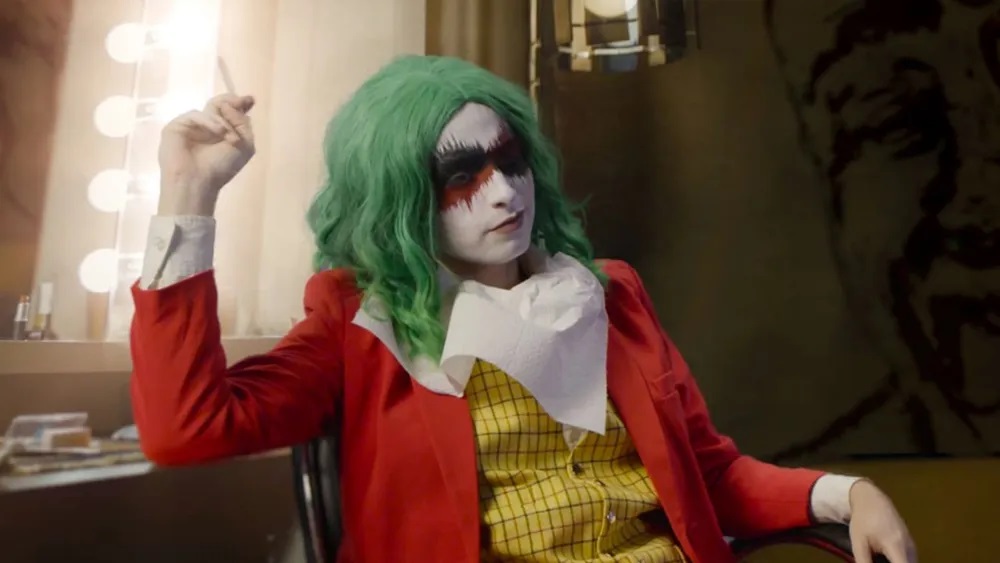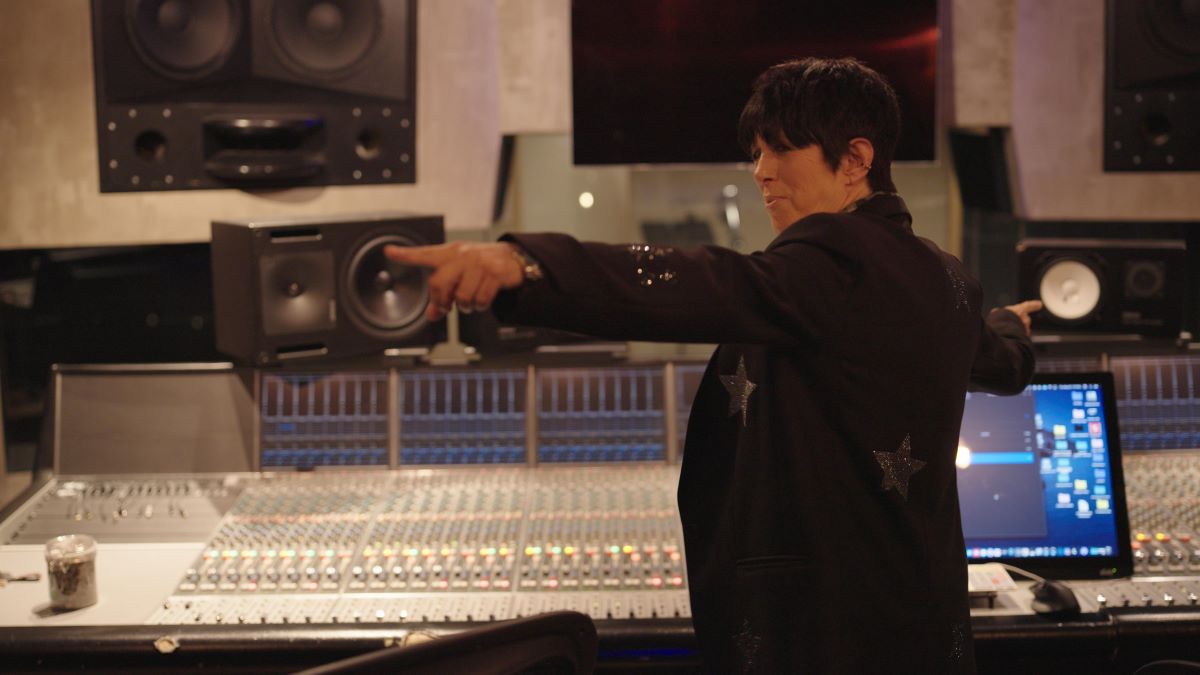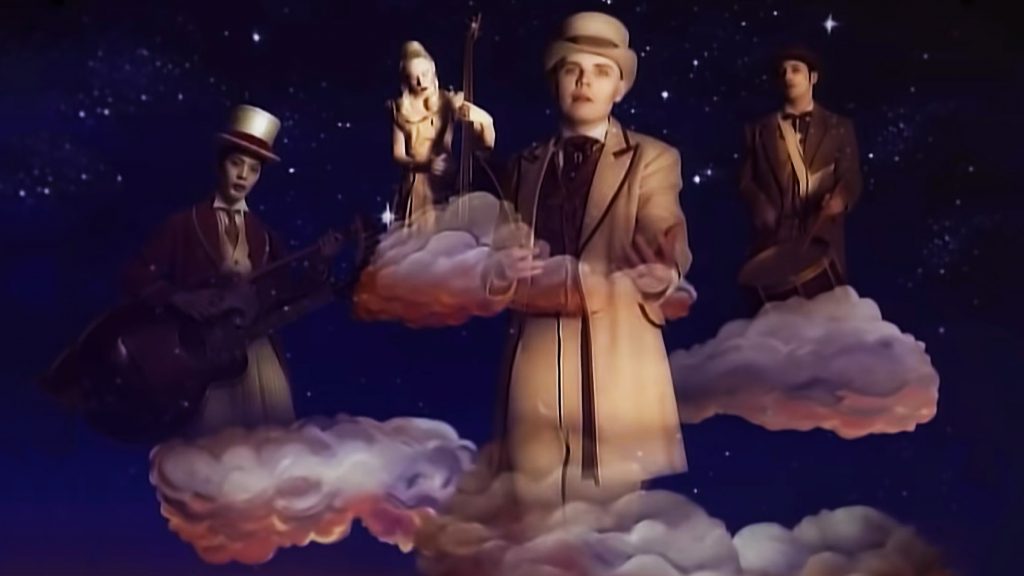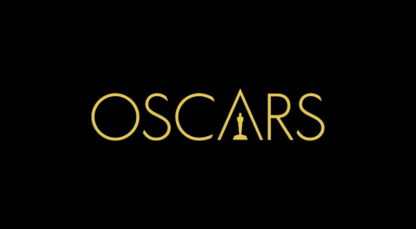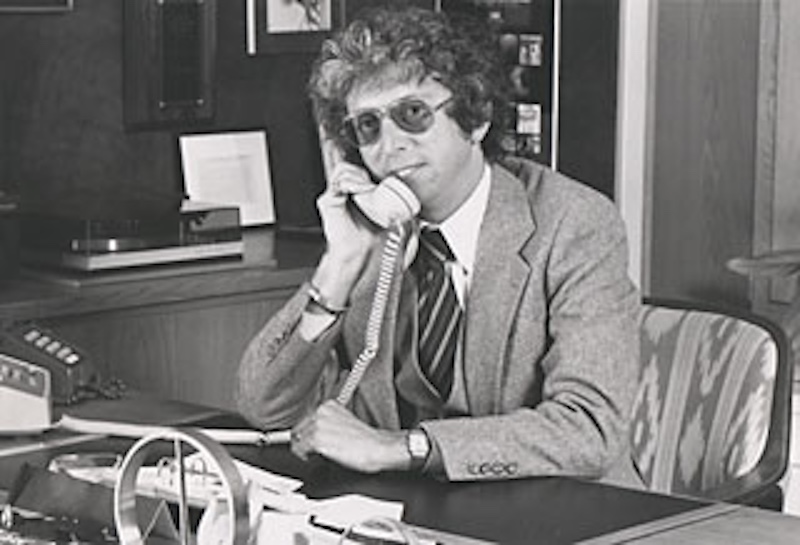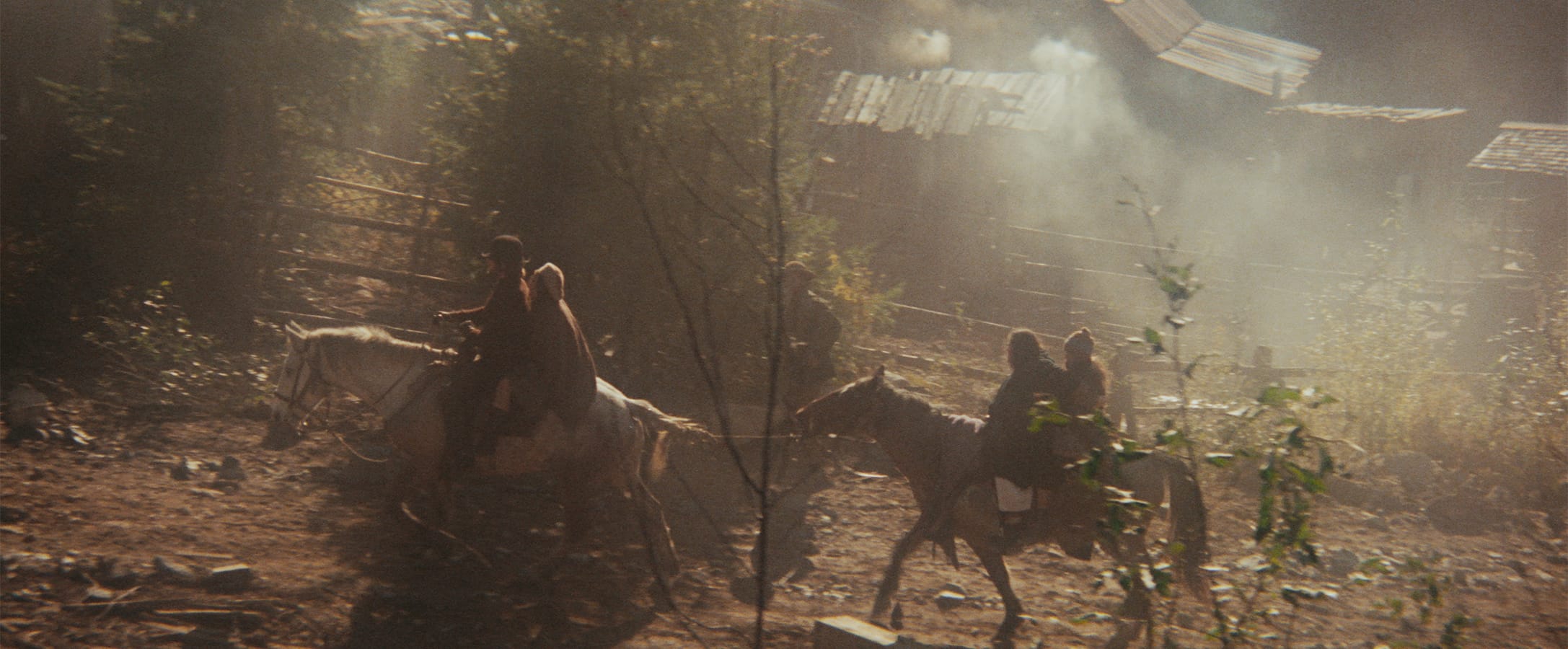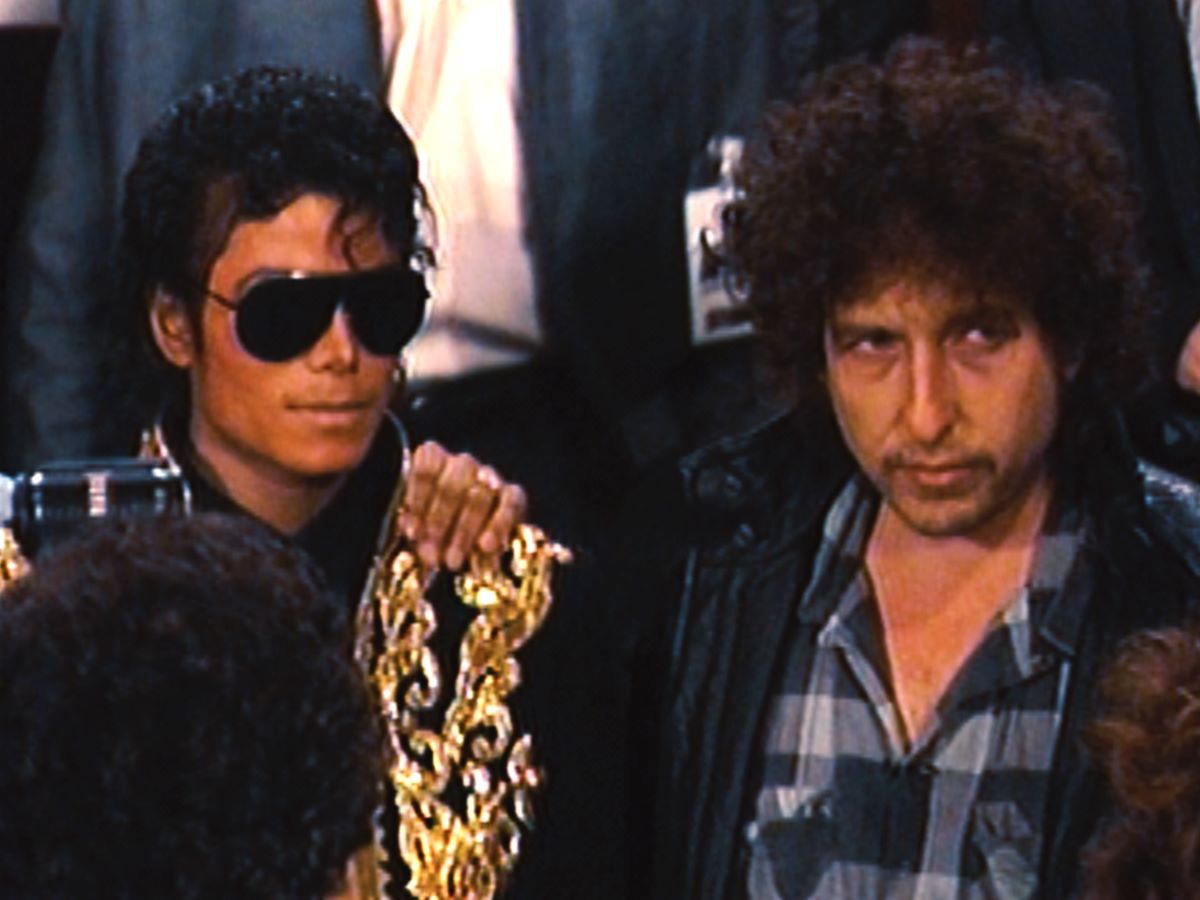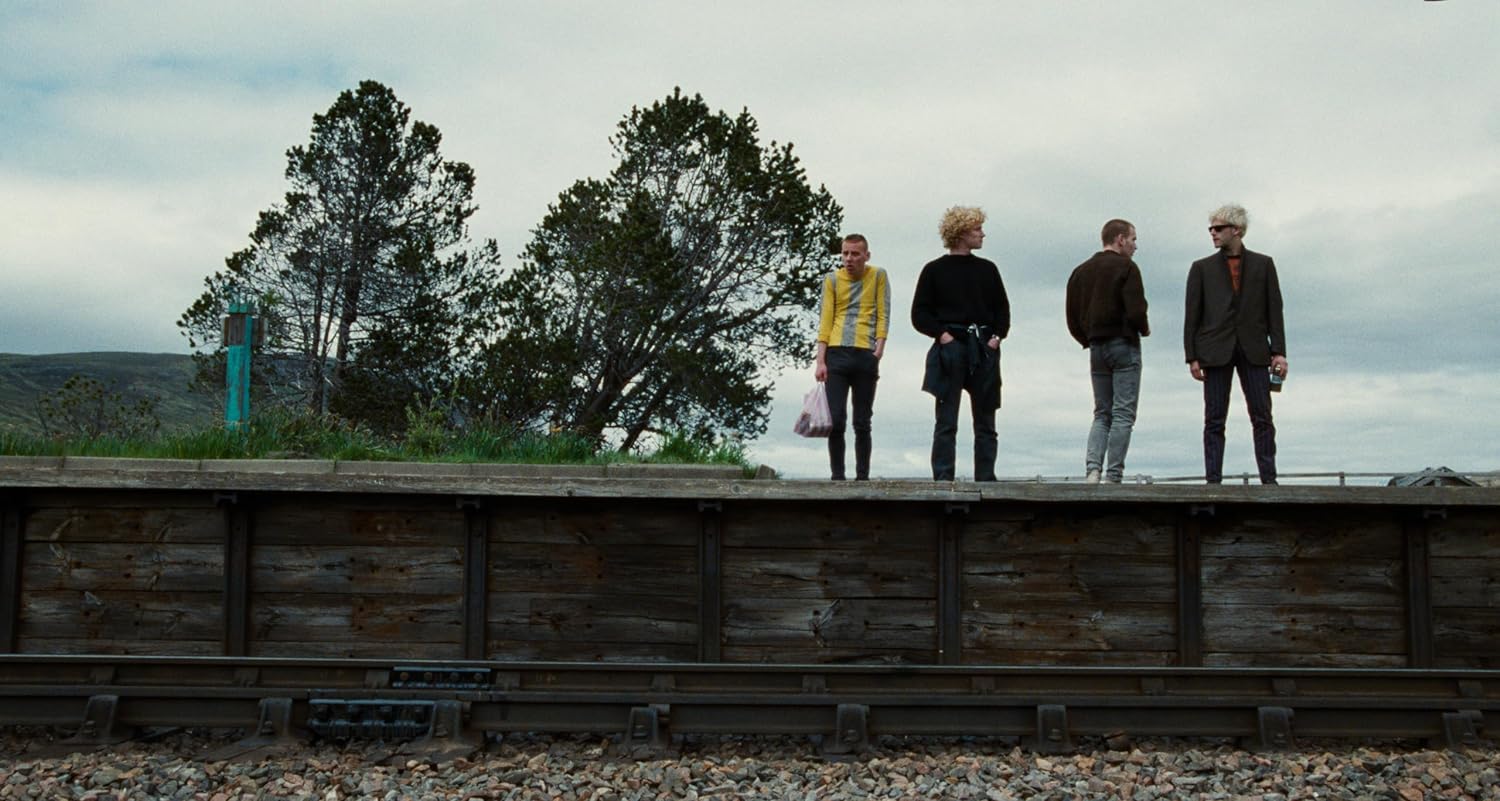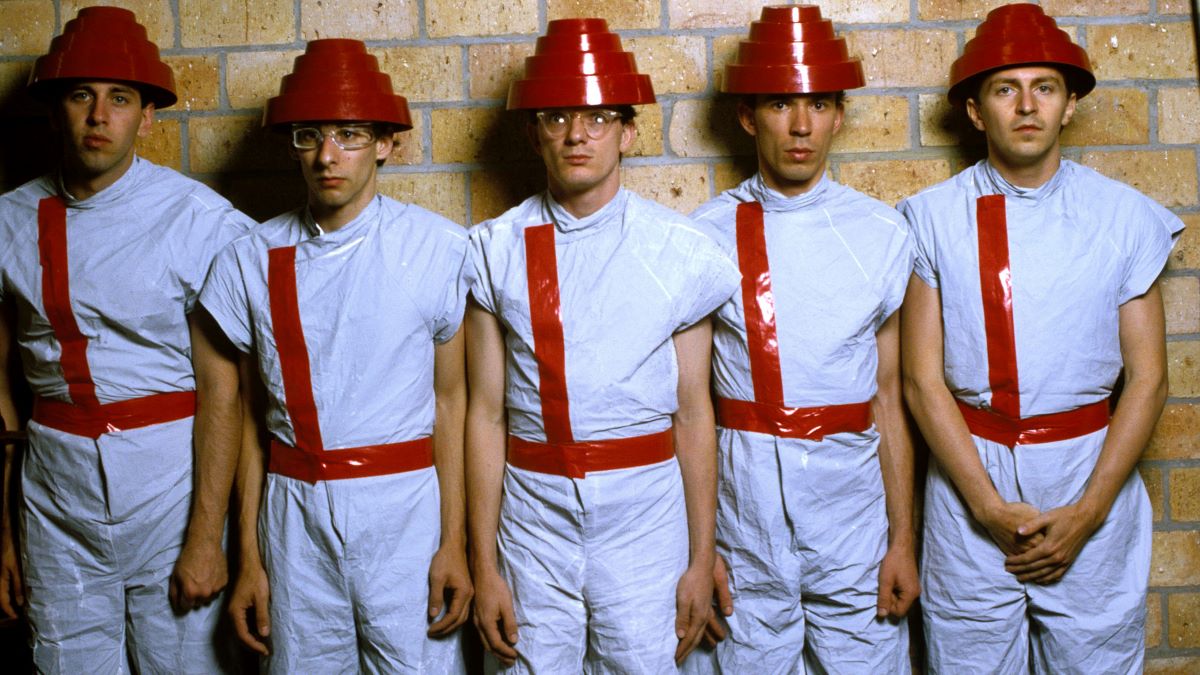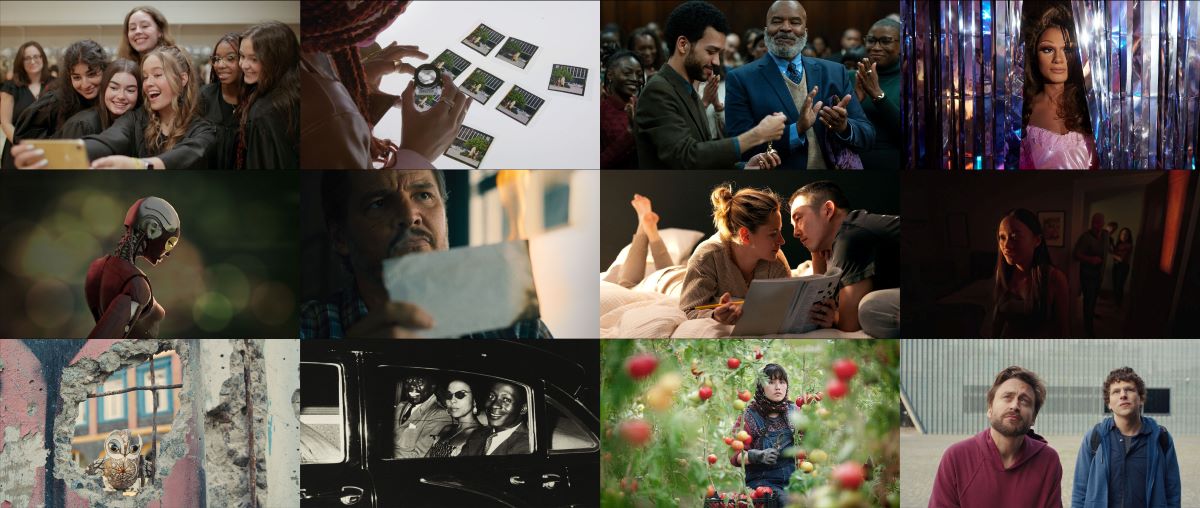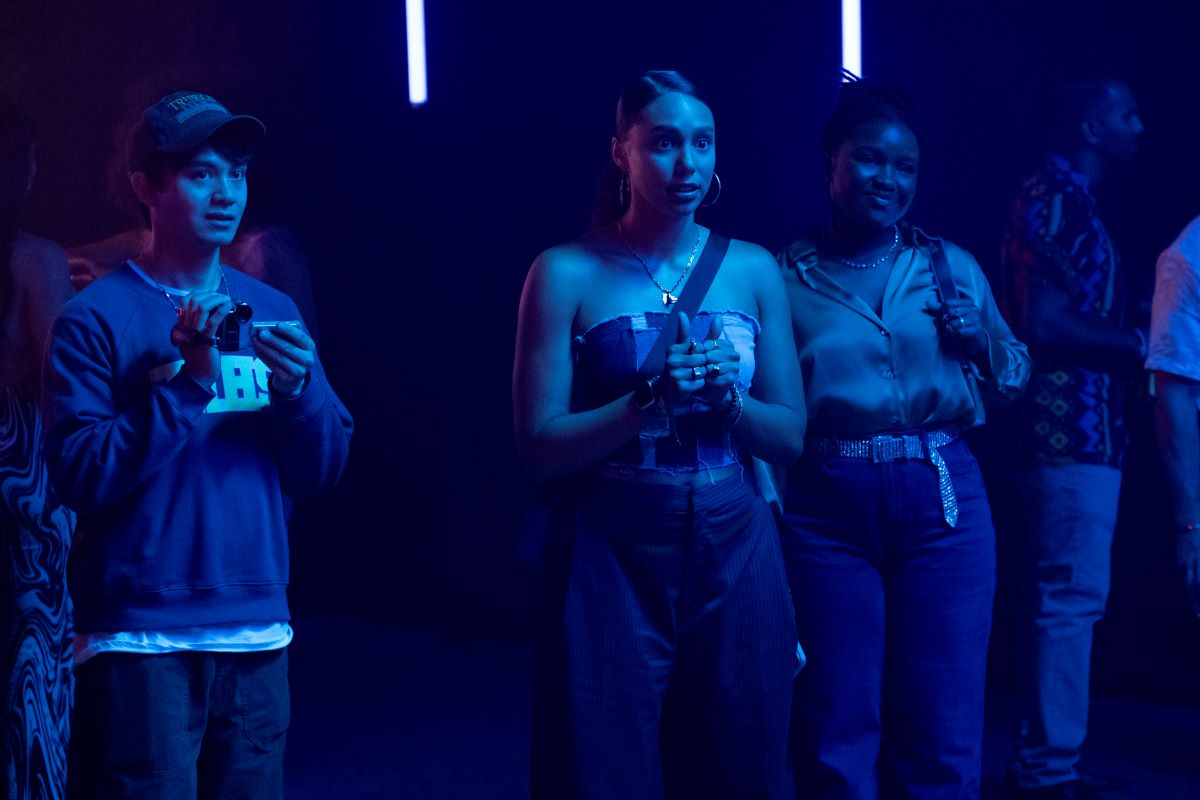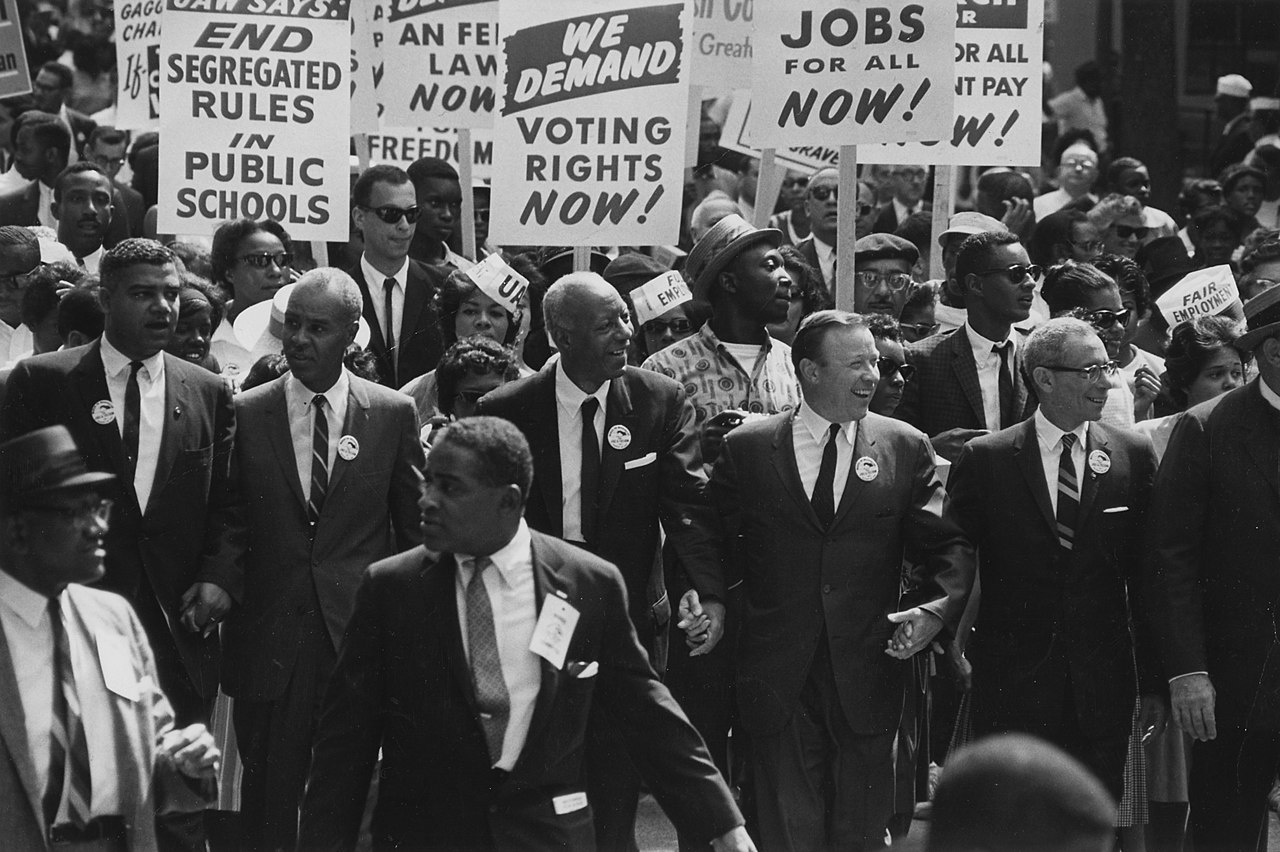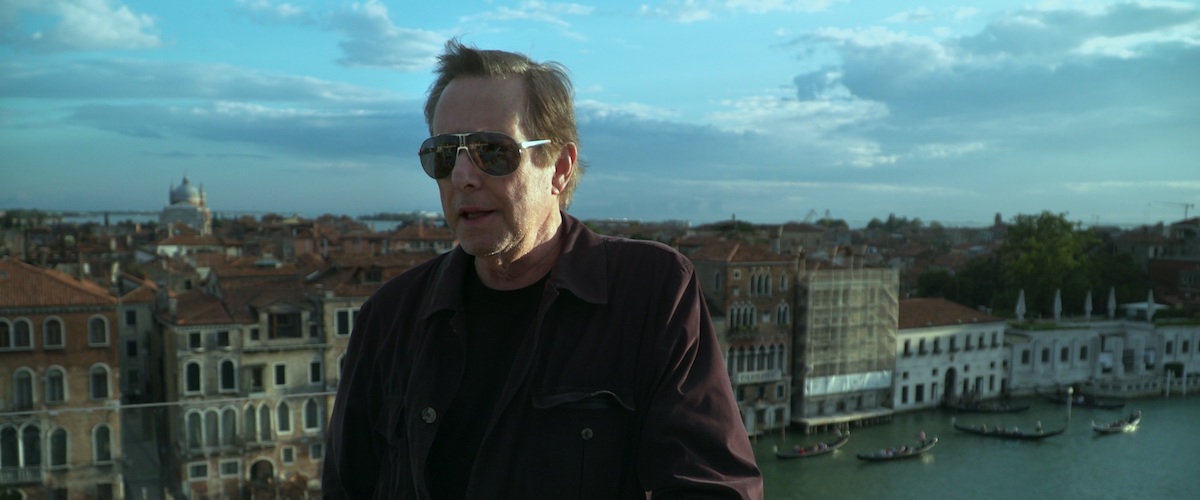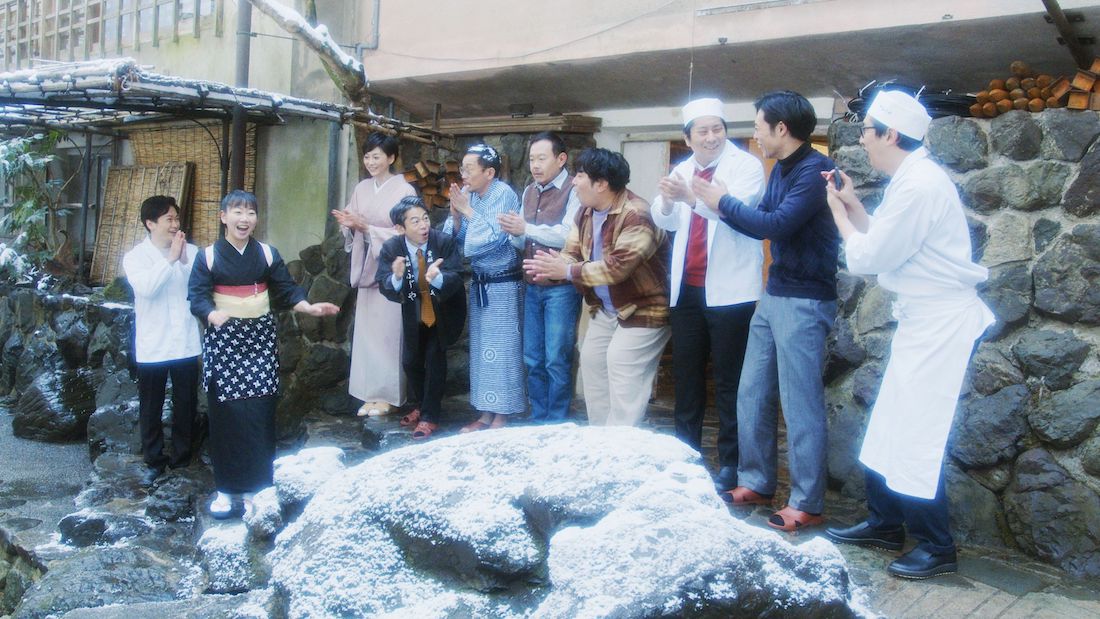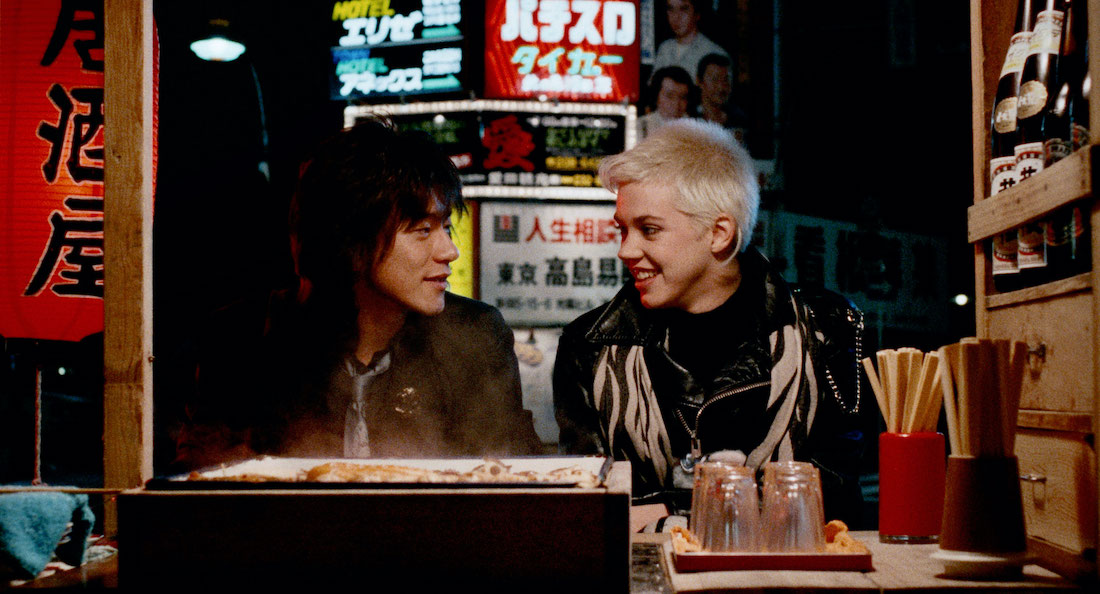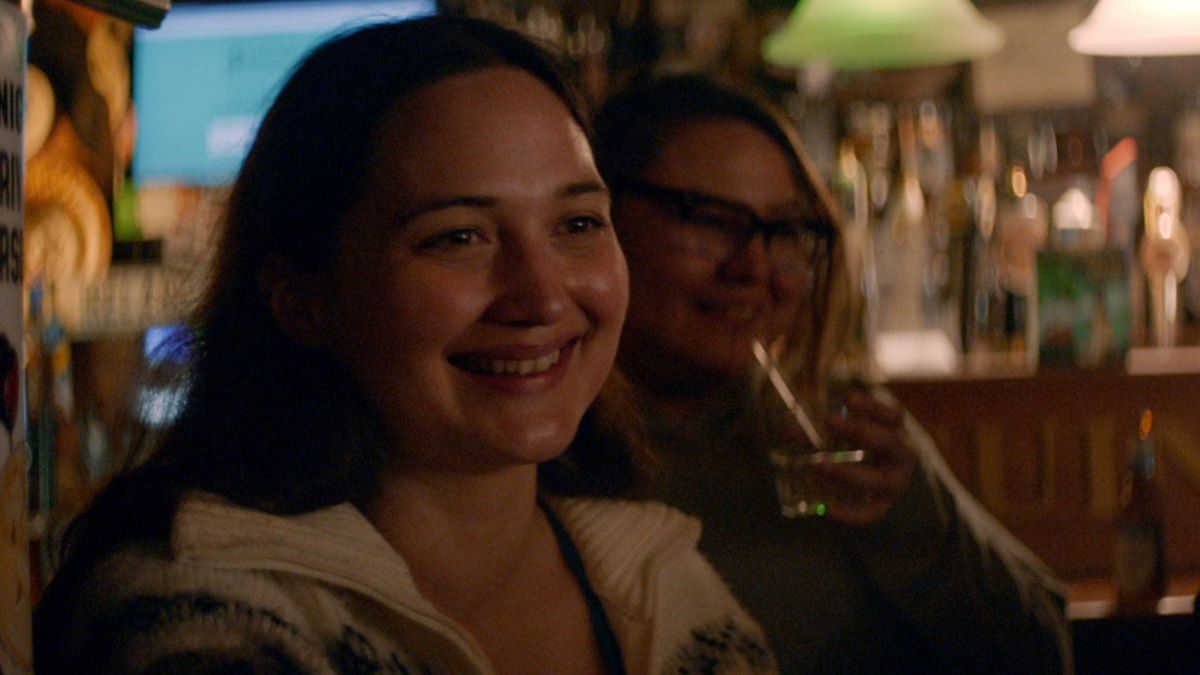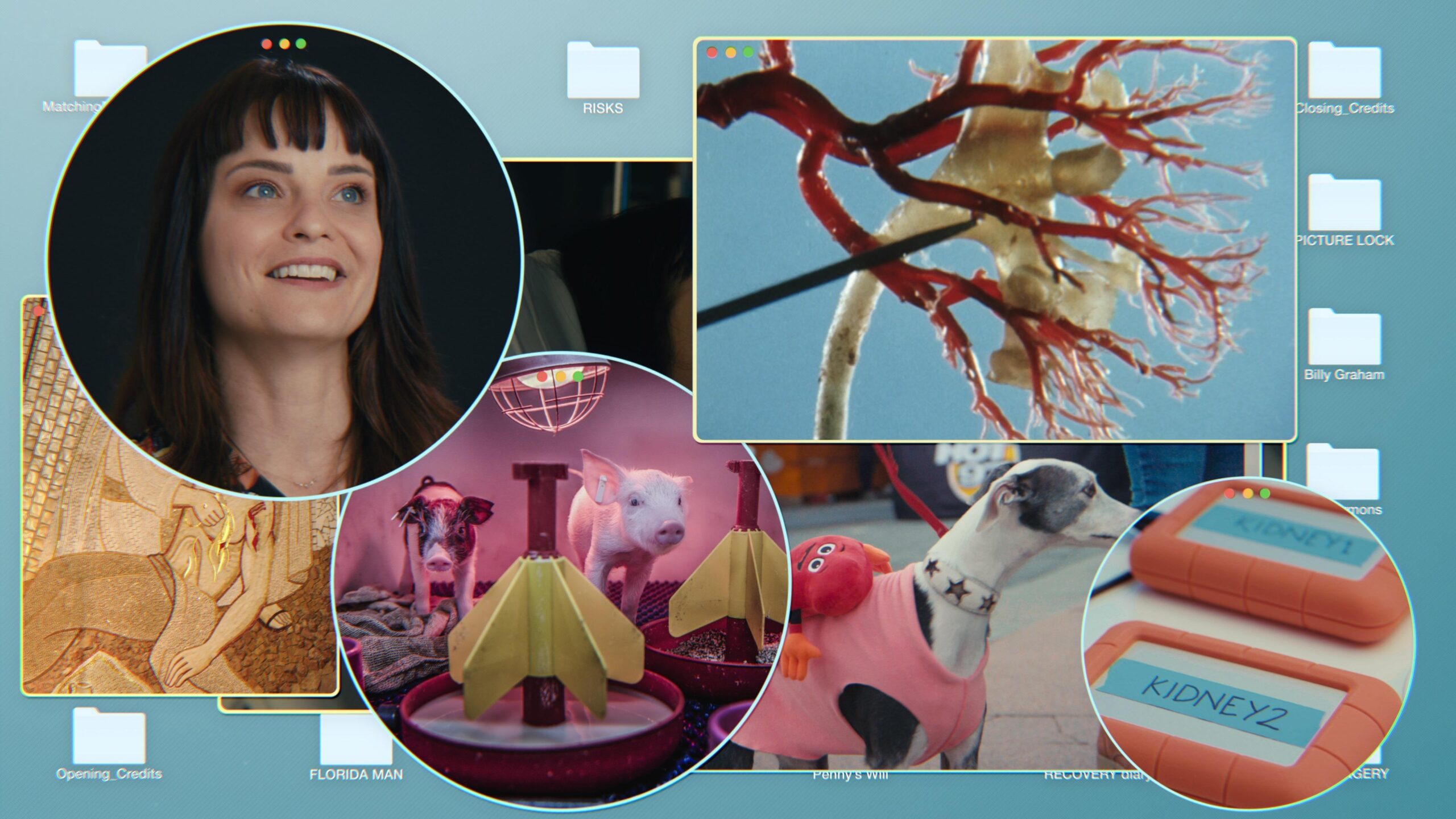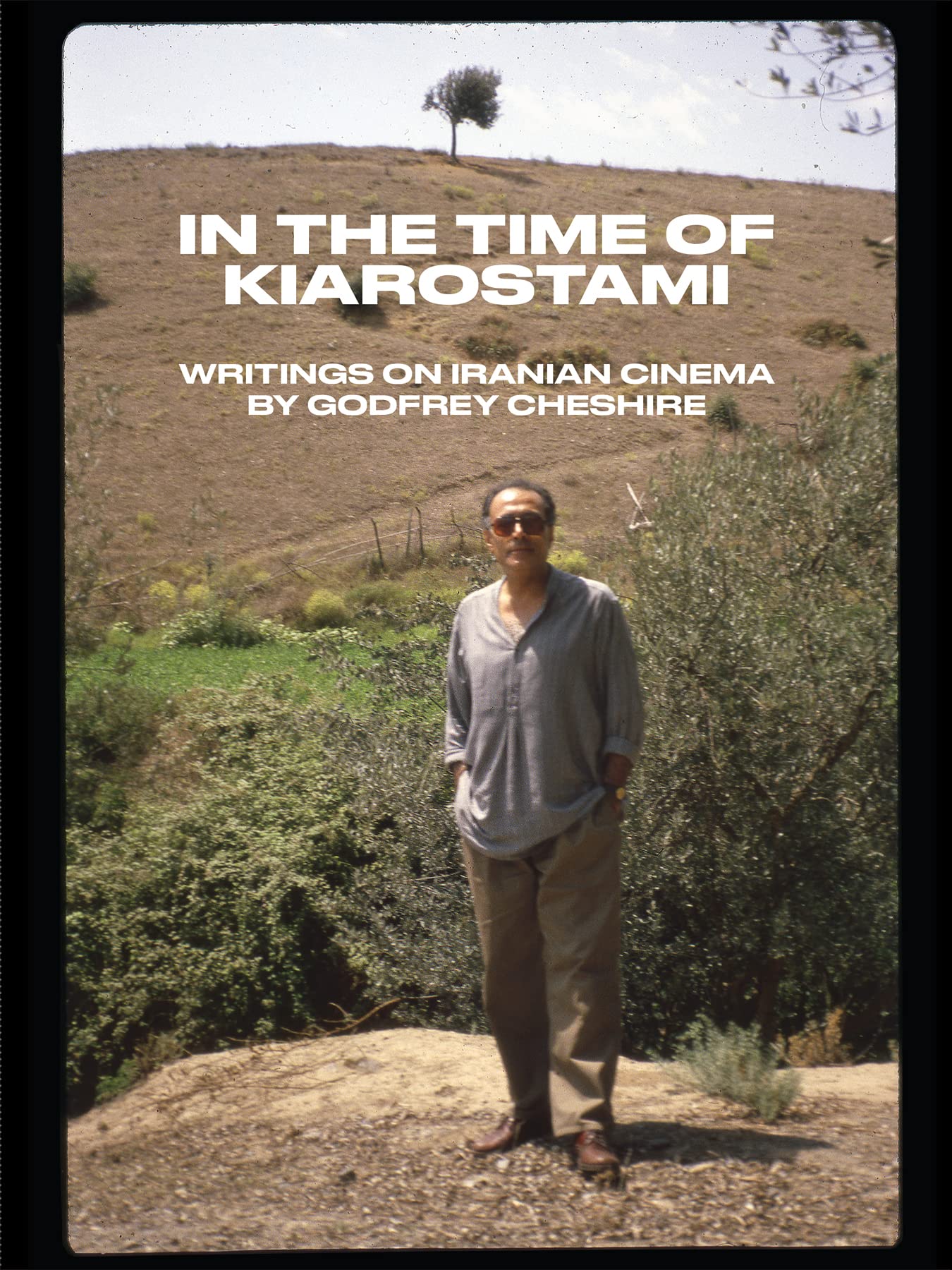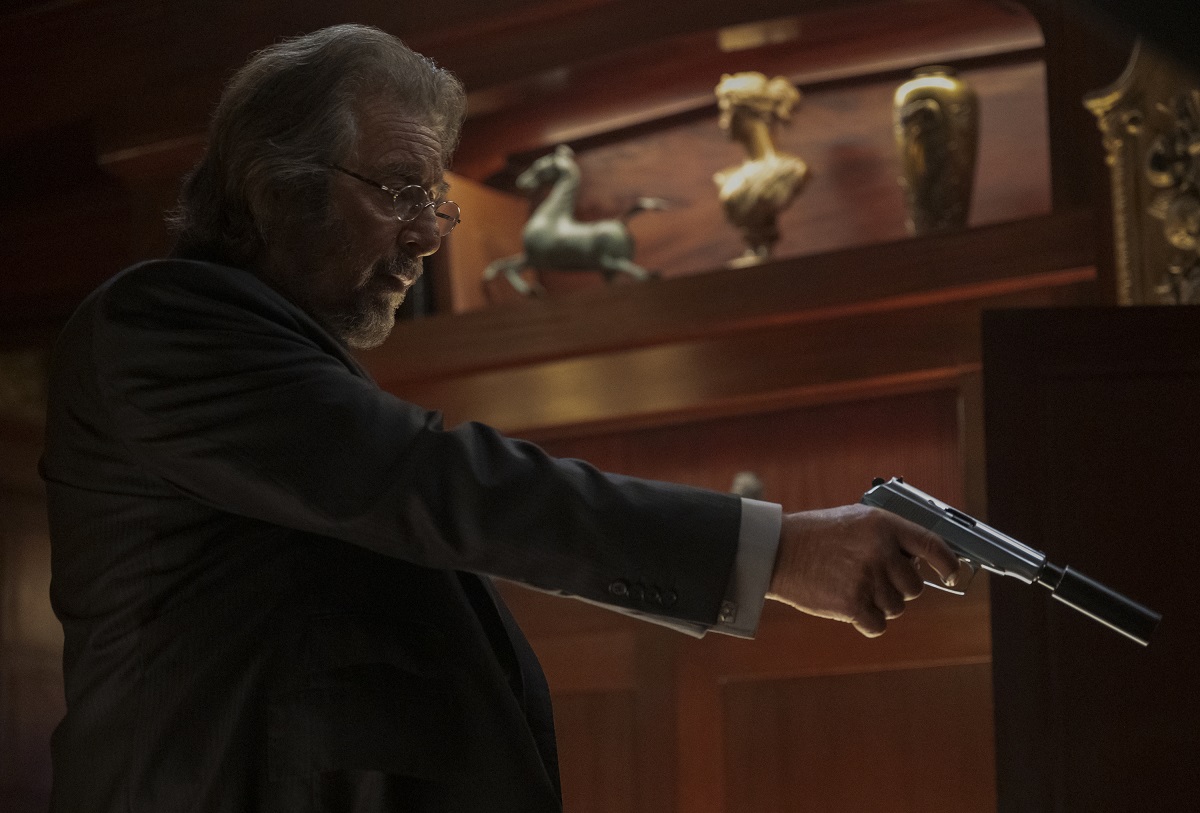Blog Posts That Mention The Band
SXSW Film Festival 2025: Nirvanna the Band the Show the Movie, Fantasy Life, Brother Verses Brother
Brian Tallerico
We Were Lucky: Jon Landau and Stevie Van Zandt on “Road Diary: Bruce Springsteen and the E Street Band”
Marya E. Gates
TIFF 2024: Road Diary: Bruce Springsteen and the E Street Band, Elton John: It’s Not Too Late, Paul Anka: His Way
Brian Tallerico
The Beatles Were Never More Human Than in ‘Let It Be’
Tim Grierson
Andrew Ridgeley on the New Netflix Doc Wham!
Katherine Tulich
Cannes 2021: Annette
Ben Kenigsberg
The last days of Tiny Tim
Roger Ebert
Hef goes West
Roger Ebert
50 greatest music films ever
Jim Emerson
Overheard exposition, Part II
Jim Emerson
Ebertfest 2008: Springing forward
Jim Emerson
A contrarian music video
Jim Emerson
TIFF 2007: Robert Zimmerman Bob Dylan Revisited
Jim Emerson
So U2 Wanna Be a Rock ‘n’ Roll Star
Odie Henderson
The Great Craft of 2025
The Editors
As You Wish: Rob Reiner (1947-2025)
Brian Tallerico
Home Entertainment Guide: “28 Years Later,” “Materialists,” “Superman,” “Jurassic World Rebirth,” More
Brian Tallerico
Chloe Zhao’s “Hamnet” Wins the TIFF People’s Choice Award
Brian Tallerico
Cheese, Glue, and Skiffle: Spinal Tap & Marty DeBergi on “Spinal Tap II: The End Continues”
Nell Minow
Telluride Film Festival 2025: The Bend in the River, Summer Tour, This is Not a Drill
Robert Daniels
The Fire in Your Eyes: Ozzy Osbourne (1948-2025)
Ben Apatoff
The 10 Best Oasis Needle Drops
Robert Daniels
It’s One Louder: “This is Spinal Tap” Turns 41
Richard Roeper
Light the Fuse: Lalo Schifrin (1932-2025)
Charlie Brigden
Shark Attack: “Jaws” Remains as Entertaining as It Was 50 Years Ago
Richard Roeper
I Love You For Who You Are: Sly Stone (1943-2025)
Odie Henderson
What to Watch on Netflix: June 2025
Brian Tallerico
Highlights from the 2025 MUBI Fest Chicago
Zachary Lee
Revisiting the Bunker: Michael Shannon on “Eric LaRue”
Isaac Feldberg
Female Filmmakers in Focus: The Films of Euzhan Palcy
Marya E. Gates
SXSW Film Festival 2025: Table of Contents
The Editors
Writing Her Way: Marya E. Gates on Her New Book
Nell Minow
A Preview of the 2025 Rendez-Vous with French Cinema
Peter Sobczynski
Sundance 2025: Marlee Matlin: Not Alone Anymore, SALLY, Selena y Los Dinos
Monica Castillo
Sundance Film Festival 2025 Preview: 20 Films We Can’t Wait to See
Brian Tallerico
Film Independent President Josh Welsh Dies at 62
Chaz Ebert
The Great Craft of 2024
The Editors
“Dragon Age: The Veilguard” Builds Out Dense Mythology with Interesting Characters
Brian Tallerico
2025 Sundance Film Festival Announces Ambitious Program
Brian Tallerico
Hammy Acting and Stilted Pacing Dampen Peacock’s “Hysteria!”
Nandini Balial
When You’re Angry, You’re Already Losing: Guy Maddin, Evan Johnson, and Galen Johnson on “Rumours”
Marya E. Gates
The Tarantino Dozen
Craig Lindsey
New York Film Festival 2024: Preview and Thoughts on “The Brutalist,” “The Seed of the Sacred Fig”
Godfrey Cheshire
Zack Snyder’s Animated Netflix Epic “Twilight of the Gods” Aims for Valhalla, Lands at Mediocre
Nandini Balial
Venice Film Festival 2024: Happyend, Pavements, Familiar Touch
Brian Tallerico
Silents Synced Pairs Silent Classics with ’90s Alt-Rock (It’s a Gen-X Thing)
Donald Liebenson
Telling Their Story: Rich Peppiatt on Kneecap
Robert Daniels
The 10 Most Intriguing Titles at the 2024 Venice Film Festival
Tim Grierson
X-Men Origins: Wolverine Began Hollywood’s Spin-Off Era
Tim Grierson
The Forrest Gump Soundtrack Hits Different in the Spotify Era
Tim Grierson
The Actors Rumored to Star in the Beatles Biopics Look Nothing Like Them. Good.
Tim Grierson
Home Entertainment Guide: May 2024
Brian Tallerico
We Are Lady Parts is TV at its Finest
Nandini Balial
The Overlook Film Festival Highlights, Part 2: The Hands of Orlac, Kill Your Lover, Dead Mail, Red Rooms
Simon Abrams
The People’s Joker and Six Other Films That Were Stuck in Legal Limbo
Tim Grierson
SXSW 2024: Diane Warren: Relentless, Thank You Goodnight: The Bon Jovi Story, Omar and Cedric: If This Ever Gets Weird, Preconceived
Matt Zoller Seitz
A (Not So) Brief History of Silent Film Influences on Pop Music
Marya E. Gates
Oscar Predictions 2024: What Will Win This Year
Daniel Joyaux
Lou Weisbach Hired by Hollywood Movie Corp. to Exclusively Represent Upcoming Film, The Jerry Greenberg Story
The Editors
Home Entertainment Guide: February 2024
Brian Tallerico
10 Music Documentaries You Should See After The Greatest Night in Pop
Tim Grierson
Home Entertainment Guide: January 2024
Brian Tallerico
Sundance 2024: Devo, Eno, Dig! XX
Brian Tallerico
2024 Sundance Film Festival Announces 91 Projects Selected for the Feature Films, Episodic, and New Frontier Lineup for 40th Edition
The Editors
Netflix’s Neon Gets Lost in Its Many Disconnected Elements
Cristina Escobar
TIFF 2023: A Canadian Looks Back at a Tumultuous Fest
Jason Gorber
Hollywood & The March on Washington: When Fame Overcame Fear
Bijan Bayne
He Did It All: William Friedkin (1935-2023)
Scout Tafoya
Fantasia 2023: River, The Becomers, Aporia
Nick Allen
Female Filmmakers in Focus: Fran Rubel Kuzui on Tokyo Pop
Marya E. Gates
Touched the Fire: Morrisa Maltz & Lily Gladstone on The Unknown Country
Marya E. Gates
A True Marriage of Picture and Music: Benjamin Millepied on Carmen
Robert Daniels
SXSW 2023: Confessions of a Good Samaritan, You Can Call Me Bill, Louder Than You Think
Brian Tallerico
Book Excerpt: In the Time of Kiarostami: Writings on Iranian Cinema by Godfrey Cheshire
The Editors
Hunters Finishes the Chase With a Scattered Final Season
Clint Worthington
Popular Reviews

The best movie reviews, in your inbox
